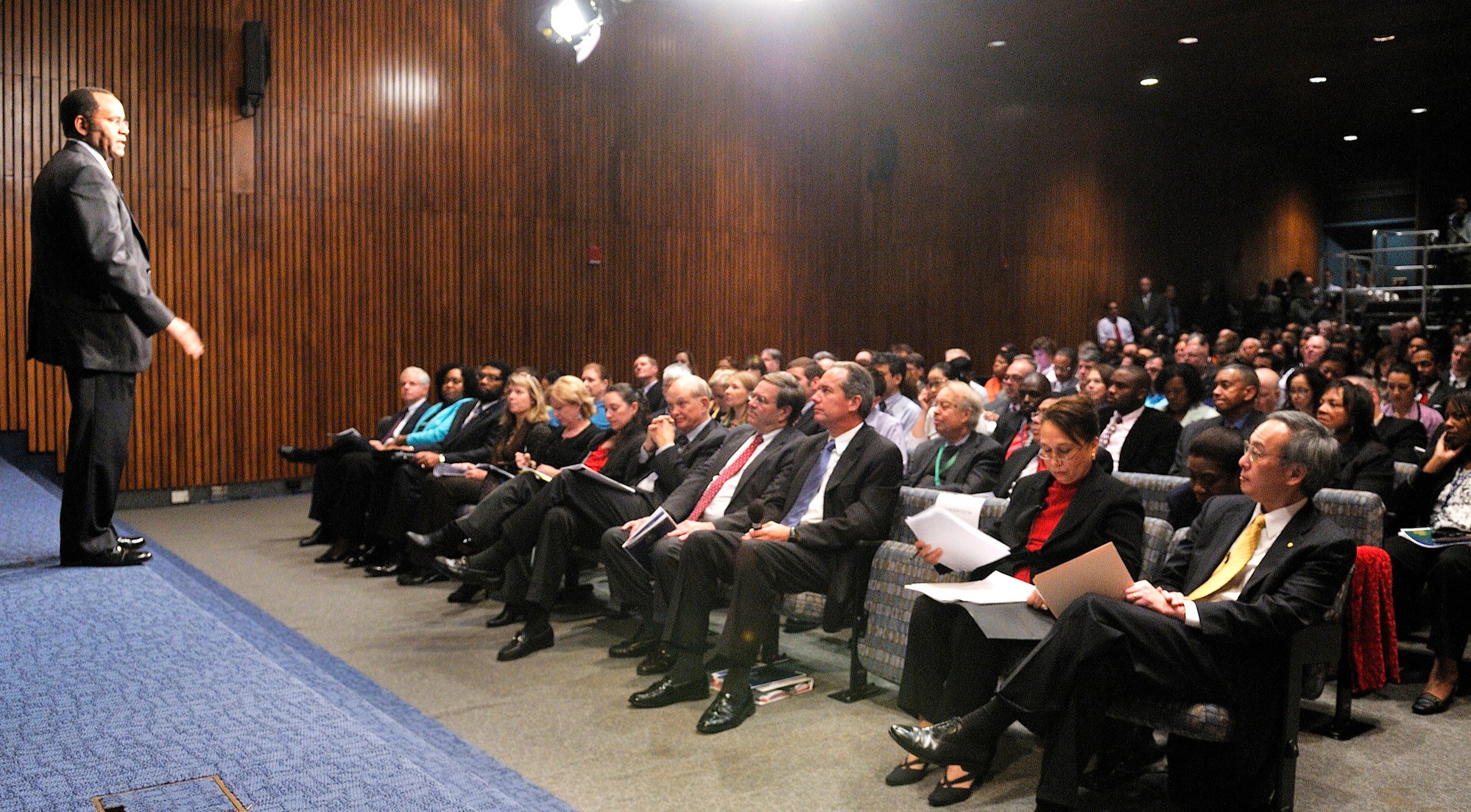
A Federal Strategy for Science Engagement
Summary
The Biden-Harris Administration should adopt a federal strategy for science engagement that enables all Americans to learn from, use, and participate in the process and outputs of science.
Investments in science and technology have the greatest impact when paired with increased public access to, and participation in, the scientific enterprise. Emerging areas of basic and applied research, such as synthetic biology and artificial intelligence, have important implications for society. Science engagement is essential for improving public scientific literacy, raising and discussing ethical considerations, and aligning research with public priorities and values. Broadening participation in the scientific enterprise is more than a question of who “does” the science. Rather, it requires looking beyond traditional science, technology, engineering, and mathematics (STEM) education for creative ways to increase public exposure to, understanding of, and meaningful contributions to science.
The first steps in a federal strategy for science engagement should focus on establishing and cultivating federal expertise in science engagement and improving coordination among federal science agencies. These efforts will emphasize knowledge sharing and ultimately allow for a greater understanding of the impact of science engagement on community and scientific outcomes.
This memo was drafted by contributors from the Day One Project, Advancing Research Impact in Society, and LISTEN Network, with generous support from the Kavli Foundation in consultation with participants from a Day One Project workshop focused on science engagement.
To understand the range of governmental priorities for the bioeconomy, we spoke with key agencies represented on the National Bioeconomy Board to collect their perspectives.
Congress should foster a more responsive and evidence-based ecosystem for GenAI-powered educational tools, ensuring that they are equitable, effective, and safe for all students.
Without independent research, we do not know if the AI systems that are being deployed today are safe or if they pose widespread risks that have yet to be discovered, including risks to U.S. national security.
Companies that store children’s voice recordings and use them for profit-driven applications without parental consent pose serious privacy threats to children and families.